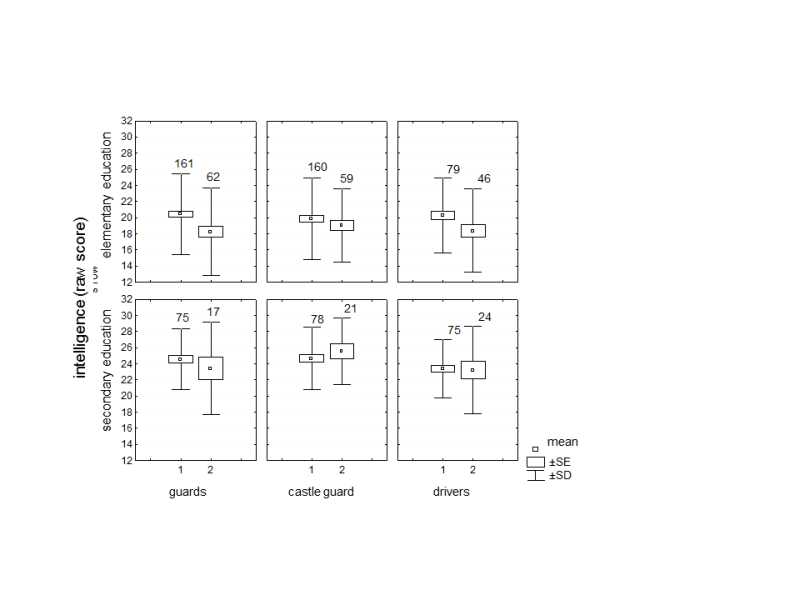XIX.6.5.3 Conclusive evidence of host behavior manipulation by sexually transmitted parasites is still lacking
Amongst sexually transmitted parasites, manipulation could be expected that would lead to an increase in the frequency of sexual intercourse of the host, or to more frequent changes in sexual partners.As far as I know, at the present time no convincing examples of parasite-host systems are available in which this type of manipulation would be observed.For example, it has been observed for chironomids of the Chironomus genus that the female preferentially mates with males infected by the mite Unionicola ypsilophora.From the point of view of the mite, this is very advantageous behavior, as it spreads in the population during sexual intercourse between chironomids (McLachlan 1999).
Observations exist for a great many animals (for example for a number of species of lizards and snakes) that indirectly indicate this type of manipulation.It has been observed that females common adders mate many times per season.Simultaneously, a single copulation at the beginning of the season would be quite sufficient to fertilize all the batches of eggs.Further mating, unnecessarily expending energy and a risky matter for many reasons, is thus superfluous and in no way improves the fitness of the individual.However, it can very greatly contribute to effective transmission of a sexually transmitted parasite so it cannot be excluded that it is induced by some such parasite.Of course, other (far more probable, but less interesting) explanations are also possible (see XIV.8.1.5).

Fig. XIX.15 Lower tendency to seek out new stimuli in persons infected by the parasite Toxoplasma gondii. Soldiers in basic service were subjected to TCI personality tests and divided into groups of uninfected (1) and infected (2) persons. After eliminating the effect of intelligence, the size of the place of residence, education and military profession, it was found that infected persons have a much lower tendency to look for new stimuli than uninfected persons. The level of this factor in humans is negatively correlated with the concentration of the neurotransmitter dopamine in the brain. It is known that experimental infection by T. gondi causes a prolonged increase in the dopamine level in the brains of mice and that infected mice exhibit reduced neophilia in behavioral tests. Simultaneously, it is known that the psychiatric symptoms of acute toxoplasmosis in humans are reminiscent of the symptoms of schizophrenia and that there is a greater prevalence of toxoplasmosis amongst schizophrenic patients that in the normal population. The dopamine theory of the formation of schizophrenia simultaneously connects the occurrence of this disease with high dopamine levels in certain regions of the brain. Thus, it can be imagined that an elevated level of dopamine induced in the brains of people infected by T. gondii could be the cause of at least some forms of schizophrenia. According to Flegr et al. (2003).
